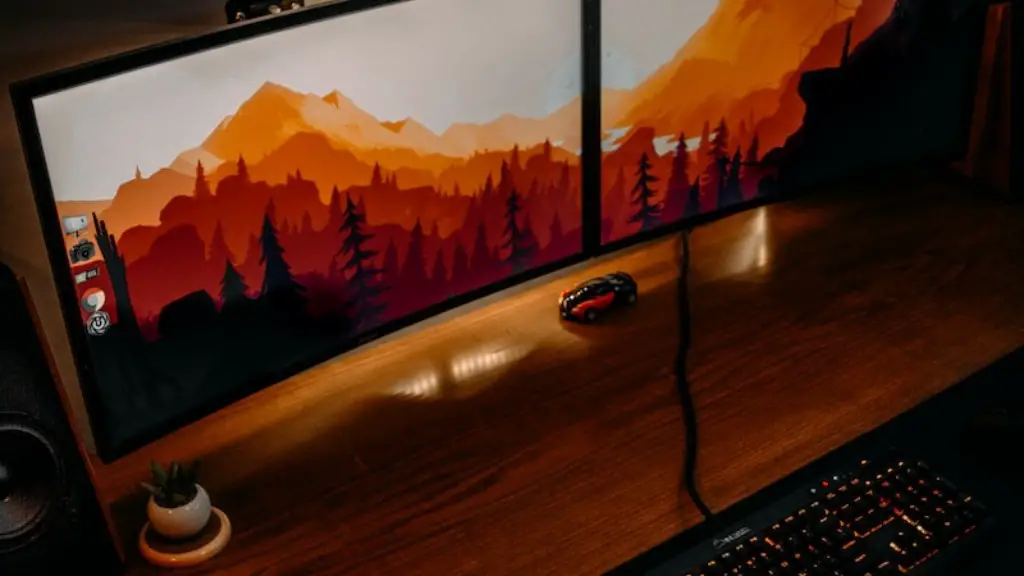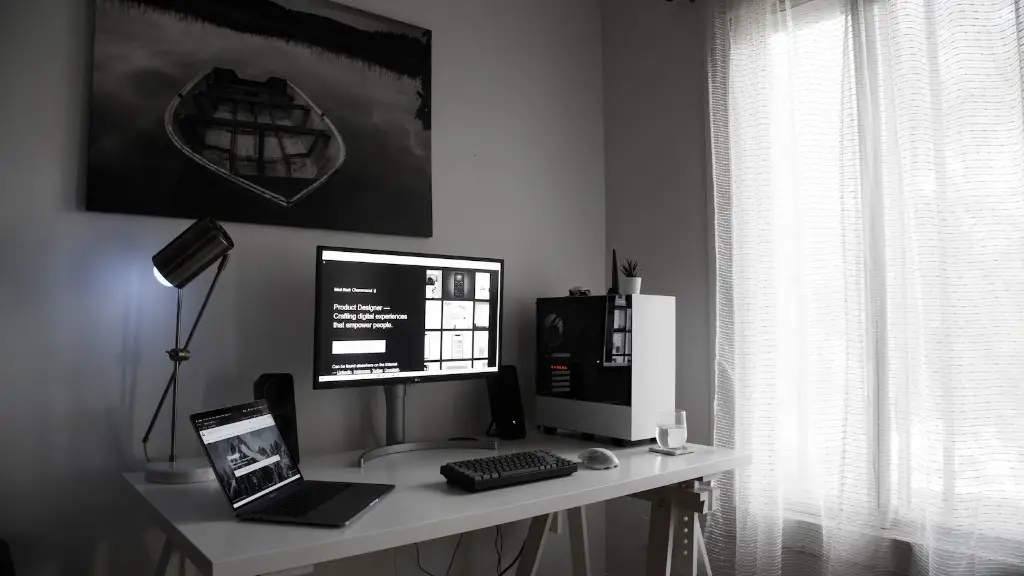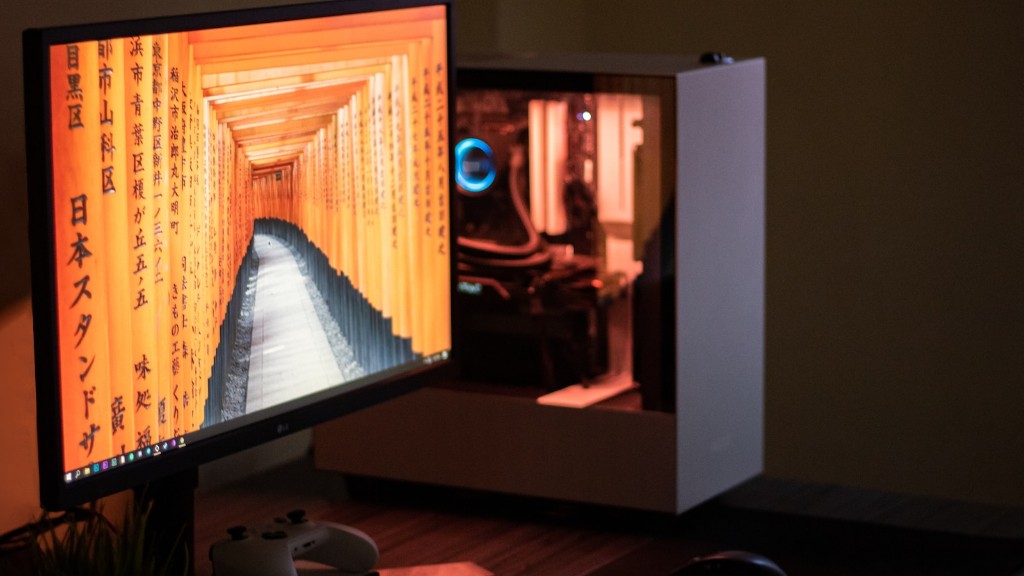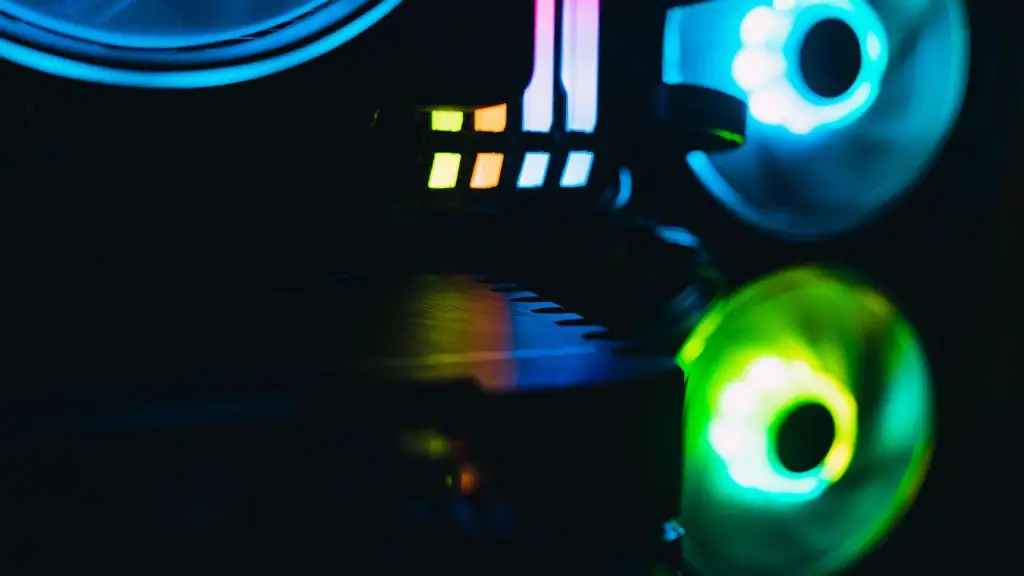Building your own gaming PC can be a daunting yet rewarding task, as there are many components involved and a lot of choices to make when selecting each part. It’s important to understand all the options and features available for each component, in order to create the perfect custom-built gaming machine. Here are 8 essential tips for picking the right parts for your gaming PC.
1. Decide what kind of games you plan on playing. Different genres of games require different hardware components that can affect the performance of your gaming PC. For example, video games that require lots of visual effects are more CPU-intensive and may require a more advanced processor or graphics card. Knowing what kind of games you plan on playing can help you narrow down your options when selecting parts.
2. Set a budget. Gaming PCs can be expensive, so you should set a realistic budget to stay within your means. You should also consider the future, as upgrades to your PC will be necessary over time, so remember to leave some room in your budget for that too. That way, you can get the most bang for your buck and ensure your gaming PC is up to date.
3. Determine the level of performance you need. If you’re looking for a budget PC that can handle basic gaming, you don’t need to break the bank on components. However, if you’re a competitive gamer, you’ll need to invest more in higher performance parts. This will ensure your gaming PC runs smoothly and will give you an edge over your opponents.
4. Research the latest technology. New components come out on a regular basis, so it’s important to stay up-to-date on the latest trends and best parts available. This way, you can be sure you’re getting the most bang for your buck and have the most up-to-date components in your gaming PC.
5. Read customer reviews. With so many components available, it can be hard to know which will work best for you. Reading customer reviews can help you get an easily digestible overview of a component before you purchase it. This can help narrow down your options, so you can make the best choice for your gaming PC.
6. Consider your personal preferences. While performance specifications are important, your personal preferences should also be taken into account. Some components may look better in a certain case, or you may prefer the metal accents of one power supply over another. Taking these personal preferences into account can help you create a gaming PC that’s perfect for you.
7. Knowledge is your friend. Building a computer can be confusing, so having a base of knowledge beforehand can go a long way toward helping you build the system of your dreams. Reading up on guides, talking to gaming PC experts, and reaching out to customer support can all help make sure you get the right components for your gaming PC.
Case:
The case of a gaming PC is important to get right, as this is not only the housing for the components of the system, but can also be part of the aesthetic of the machine. You should choose a case that is large enough to provide adequate airflow and have enough room for the components. It should also have features such as USB ports and RGB lighting, depending on your preferences. Additionally, the size and shape of your motherboard and components should be taken into account when selecting a case. Make sure the form factor of the case matches the form factor of your chosen motherboard, as this will ensure your system will fit correctly. Also, make sure the case is compatible with your chosen power supply, if it has a modular design.
CPU:
The central processing unit (CPU) of a gaming PC is the brain of the system, and is in charge of processing all the calculations that are done within the system. It is important to choose a CPU that is powerful enough to handle the tasks you plan on doing. This can include simple tasks such as word processing, or intensive tasks such as video editing and gaming. You should also consider the architecture of your chosen CPU. For example, Intel’s new 10th generation of CPUs offers better performance than their 9th generation CPUs. Additionally, AMD’s Ryzen CPUs provide a good balance of performance and price, making them great for gaming.
RAM:
Random Access Memory (RAM) is what allows the CPU to perform calculations quickly, as it stores all the information that the CPU needs access to. For gaming PCs, it is important to have enough RAM to handle whatever tasks the PC is performing. Generally, 8GB of RAM is a good starting point for gaming, although 16GB is recommended for more intensive tasks such as streaming or VR gaming. It is also important to choose RAM with the correct speed, as this will determine how quickly the RAM can send information to the CPU. A good rule of thumb is to choose RAM with a speed that is at least 2X the speed of the CPU.
GPU:
The graphics processing unit (GPU) of a gaming PC is what allows the computer to render beautiful visuals and provide a realistic game experience. Depending on the games you play, you may need a more powerful GPU for better performance. Some entry level GPUs can offer a decent gaming experience, although higher end cards can provide a more realistic experience with more advanced graphics. Additionally, GPUs come with various power requirements, so you should make sure you get a powerful enough power supply to fulfill the requirements of the GPU.
Storage:
Storage is an important factor to consider when building a gaming PC, as this will affect the speed of applications, how quickly games load and the amount of data you can store. There are two main types of storage to consider, namely hard drives and solid state drives. Hard drives offer more storage space, but can be slower than solid state drives, while solid state drives are faster but offer less storage capacity. For gaming, solid state drives are recommended, as they can offer faster loading times. Additionally, it is recommended to have at least a 1TB hard drive for storing all your data, or you can supplement it by using games streaming services such as Uplay and Steam.
Power Supply:
The power supply is a vital component of your gaming system, as it ensures all the other components are being supplied with enough electricity to keep all the parts of your system running efficiently. You should make sure to choose a power supply that is sufficiently rated to power all the components in your system, as well as having efficient output. In general, a 500 watt power supply is usually suitable for most gaming PCs, but this will depend on the power requirements of the other components. Additionally, some power supplies have modular designs, which can make cable management easier and allow you to upgrade your system in the future.



